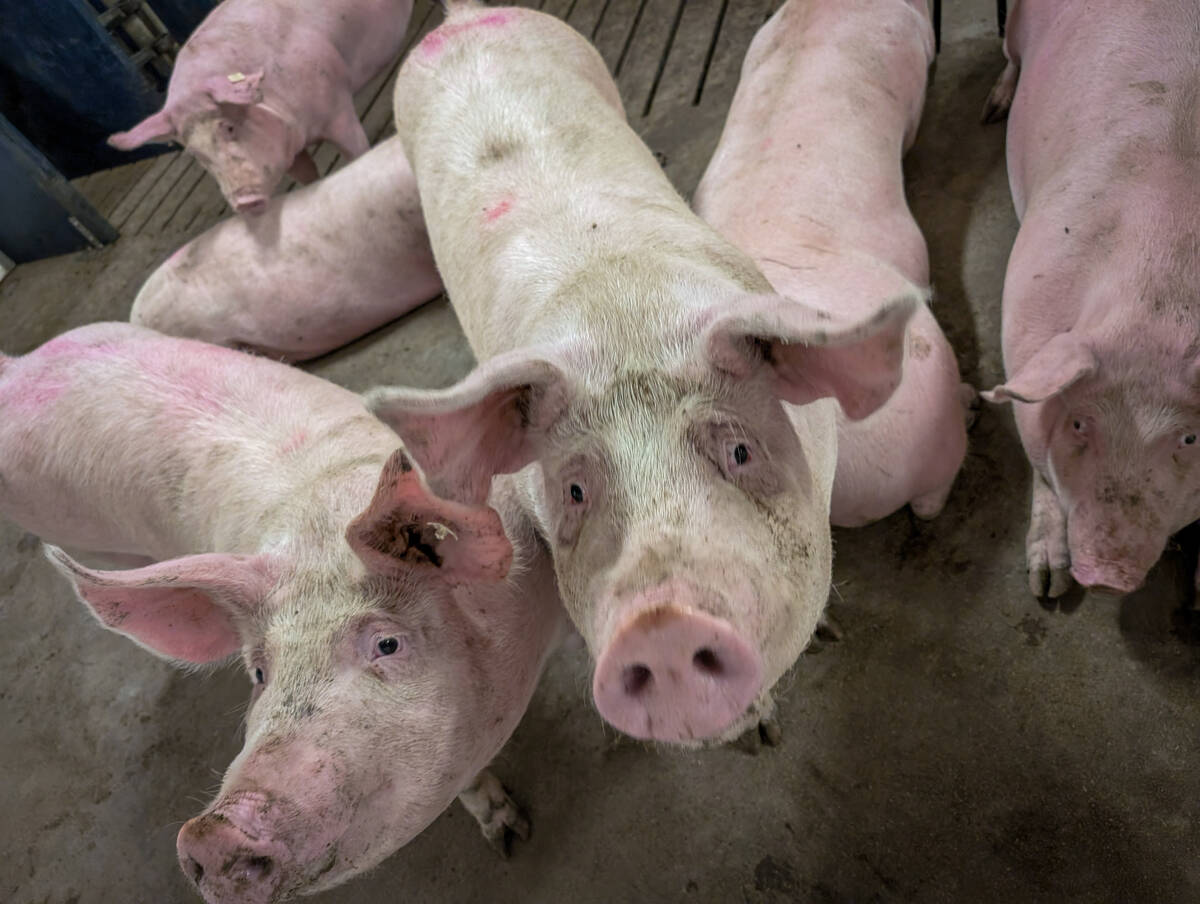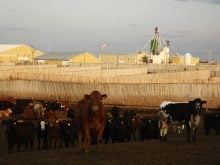CALGARY – After doing business the same way for more than 80 years, the Canadian Grain Commission has joined the revolution in world grain markets.
“The industry is poised for truly great changes and the grain commission wants to be a part of that change,” said commissioner Jack Murta during the United Grain Growers annual meeting in Calgary.
Among the changes is a closer relationship with the United States Federal Grain Inspection Service whose duties are similar to the grain commission.
They’ve started meeting twice a year and the Americans have agreed by 1995 to allow Canadian inspectors to grade U.S. grain bound for export as it moves on the St. Lawrence Seaway. The Canadians will be trained by the American inspectors.
Read Also

Pork sector targets sustainability
Manitoba Pork has a new guiding document, entitled Building a Sustainable Future, outlining its sustainability goals for the years to come.
At the same time, the commission is exploring how to move grain through American ports in the event of a strike at Canadian ports or other situations that may arise.
“It happened once and if it happens again, we’re going to be ready,” Murta said.
They’re also looking at standardizing protein and moisture testing between Canada and the U.S.
Food safety concerns are also being met with stepped up inspections of grain traveling through British Columbia to export position. Grain will be closely examined because of threats by an environmental group that said it will contaminate the grain as a message to the B.C. government. The group claims to be dissatisfied with the B.C. government’s forestry policies. No toxins have shown up yet, Murta said.
Better testing for residues
This ability to test so thoroughly evolved from a request from the Japanese that every boatload of grain going to Japan be tested for residues. The grain commission can test for 50 toxic substances. The customer pays for the residue testing and Murta expects more buyers to request the same level of testing in the future.
“The Japanese want it. They demand it,” he said. “I think other countries are going to want the same kind of assurance and attention.”
The grain commission is also proposing a change in the way they license and secure special crops.
“Sometimes we’re too rigid, too bureaucratic in terms of how we deal with the special crops industry which is growing so rapidly on the Prairies. We’re going to change the way the industry is,” said Murta.
This year, special crops production was up 34 percent with large increases in peas and lentils.















